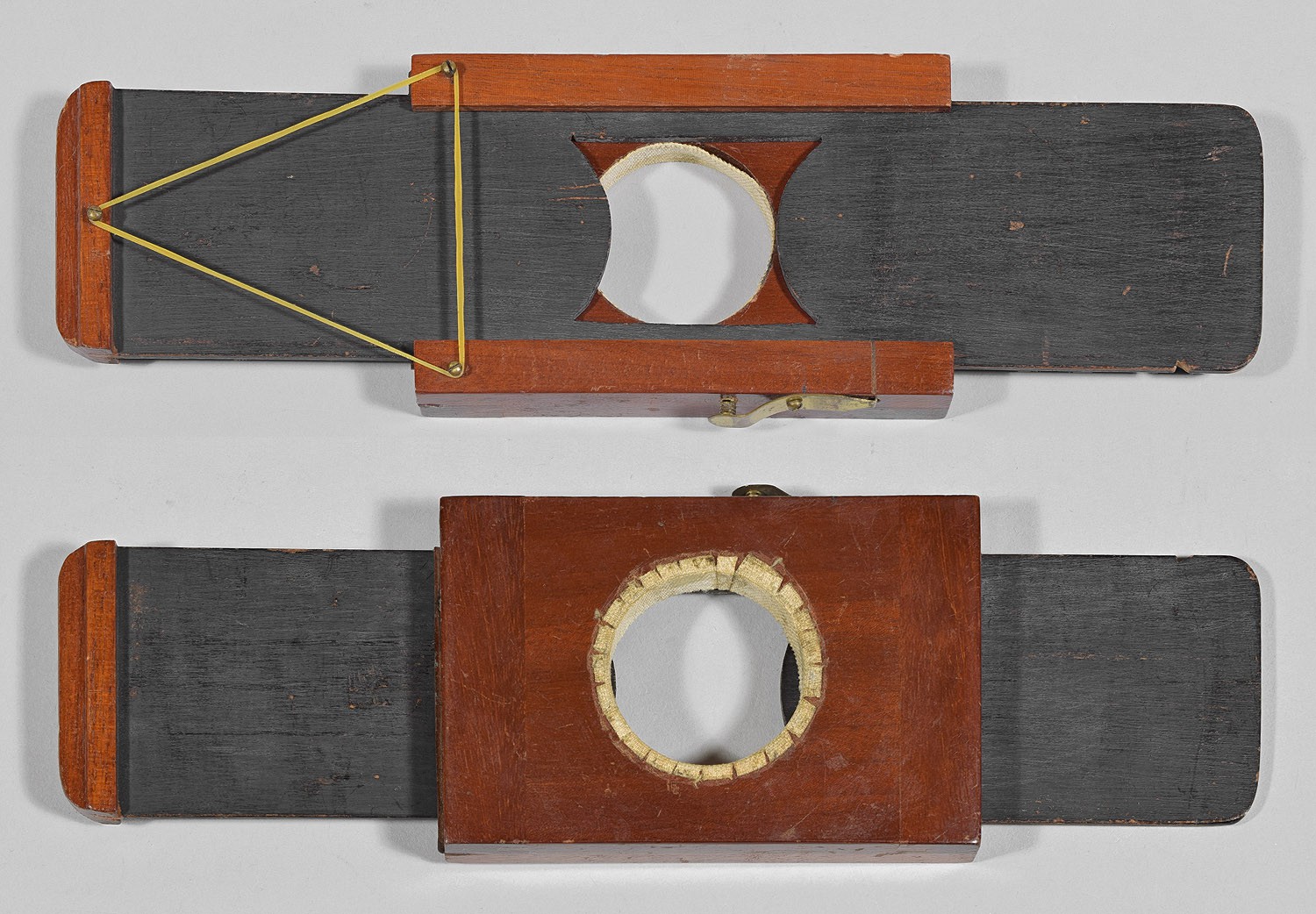I've always used a camera with a built-in shutter, analog 35 mm, 120 and 4 x 5 " cameras or lenses all have a system to close the optical path of the light, and to open it fast and to close it fast again.
Twenty first century films are photosensitive, very, it does not needs much light to have it overexposed, completely burned, this is why the minimal aperture of f/16 isn't much, so I need to have light coming to the film for a small amont of time.
Photographers are not so good at math, they use the second, and half of it, and again, again and again, half of the time, and when the next division is going to give a too complicated following, they round the number.
The common shutter speed scale goes like : 1 second, 1/2 s., and well, everybody knows it's a question of seconds, and fractions of a second, and there's not so much place to write on a camera or a lens, so it continues like : 1/4, 1/8, 1/15 (first rounding), 1/30, 1/60, 1/125 (second rounding) and continuing, but I will not need faster, and I'm sure the faster, the more difficult to achieve with my poor knowledges of mechanical engineering.
So I've asked internet about shutters and found that fantastic page :
http://www.piercevaubel.com/cam/shutters.htm
where I found :
http://www.piercevaubel.com/cam/acc/shdropqueen.htm
or
http://www.piercevaubel.com/cam/acc/shdropBlairCameraCo.htm

In fact, I was thinking of a more complicated thing, a leaf shutter, just like the Copal/Sinar one, but Sara, a colleague, through that the elastic string system looked very convenient and simple to build, so it will be my first choice.
Of course, my first idea isn't abandoned, as soon as I find the .stl files for that kind of thing
https://grabcad.com/library/simple-mechanism-of-camera-shutter-1
another colleague, Christophe, has the printer and the will to try to print it, he likes experimenting things, and it's a good thing because he's in charge of the research lab ;o). We'll just have to make it big, as the rear element of the beast has a diameter of 129 mm !
 [zit] Olivier Gade
[zit] Olivier Gade
Discussions
Become a Hackaday.io Member
Create an account to leave a comment. Already have an account? Log In.